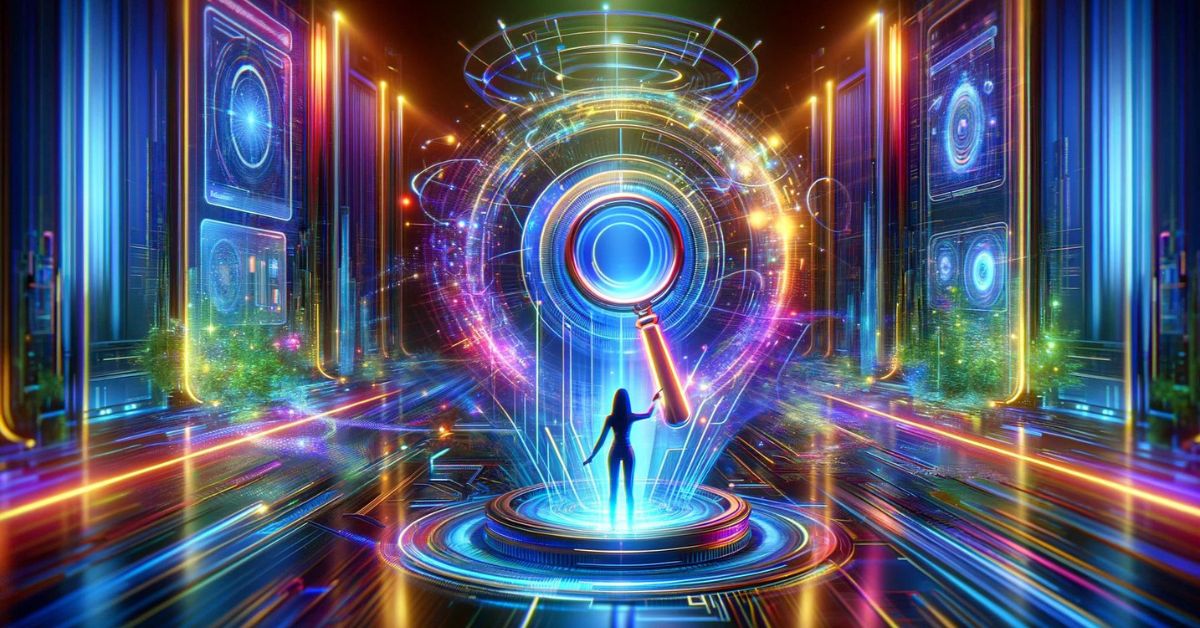Google’s Search Generative Experience represents a significant evolution in how search engines operate, aiming to make the interaction with information more intuitive, comprehensive and contextually aware. Leveraging advanced AI, this new search paradigm promises to transform the digital landscape, influencing how content is created, discovered and consumed.
Understanding the Search Generative Experience
At its core, the Search Generative Experience by Google integrates generative AI technologies to enhance the traditional search model. Rather than simply returning a list of links, this AI-driven approach aims to understand the intent behind queries, generating more conversational and nuanced responses. It synthesizes information from various sources to provide a holistic answer that goes beyond what any single document might say, offering summaries, comparisons and context.
Implications for SEO
The advent of this generative search experience heralds significant changes for Search Engine Optimization (SEO). Here’s how it could impact the SEO landscape for better and worse:
For Better:
- Content Quality and Depth: With AI focusing on context and comprehensive answers, superficial content stuffed with keywords may lose its effectiveness. This shift could reward in-depth, well-researched content that provides real value to the reader.
- User Intent Focus: SEO strategies will need to prioritize user intent even more, as generative AI seeks to understand and answer the underlying questions behind search queries. This could lead to more nuanced and targeted content strategies.
- Diversification of Sources: As the AI synthesizes information from multiple sources, having your content cited across various authoritative platforms may increase its visibility and influence in generated responses.
For Worse:
- Increased Competition: With AI capable of pulling information from anywhere, the competition for visibility will no longer be limited to traditional search results. Content will need to stand out not just among direct competitors but also within a broader context.
- Loss of Traffic to Direct Answers: If users get all the information they need directly from the search results, they might not click through to individual websites, potentially reducing traffic to content providers.
- Adaptation to AI Algorithms: Understanding and optimizing for AI-driven search criteria could be complex, requiring new tools and approaches. SEO professionals will need to continuously adapt to how AI interprets and prioritizes content.
The Future of SEO with Generative Search
Google’s Search Generative Experience has yet to fully launch, but when it does, the SEO landscape will inevitably transform. Content creators and marketers will need to adopt a more nuanced approach to SEO, focusing on creating genuine, high-quality content that addresses the comprehensive needs of users. SEO will become less about gaming the system and more about truly understanding and fulfilling the searchers’ intent.
A Brave New World Yet Again
As Google’s Search Generative Experience weaves AI deeper into the fabric of digital information retrieval, it beckons a pivotal shift in the SEO landscape. This innovation not only challenges the traditional paradigms of search engine optimization but also raises questions about the future of content creation and online visibility. As we stand at this crossroads, one can’t help but ponder if the SEO of tomorrow be a harmonious blend of human ingenuity and AI sophistication, or will it become a battleground for visibility in an AI-dominated realm? The unfolding narrative of Google’s AI-driven search experience promises to redefine not just how we optimize for search, but fundamentally, how we think about and interact with the vast expanse of the internet itself.



